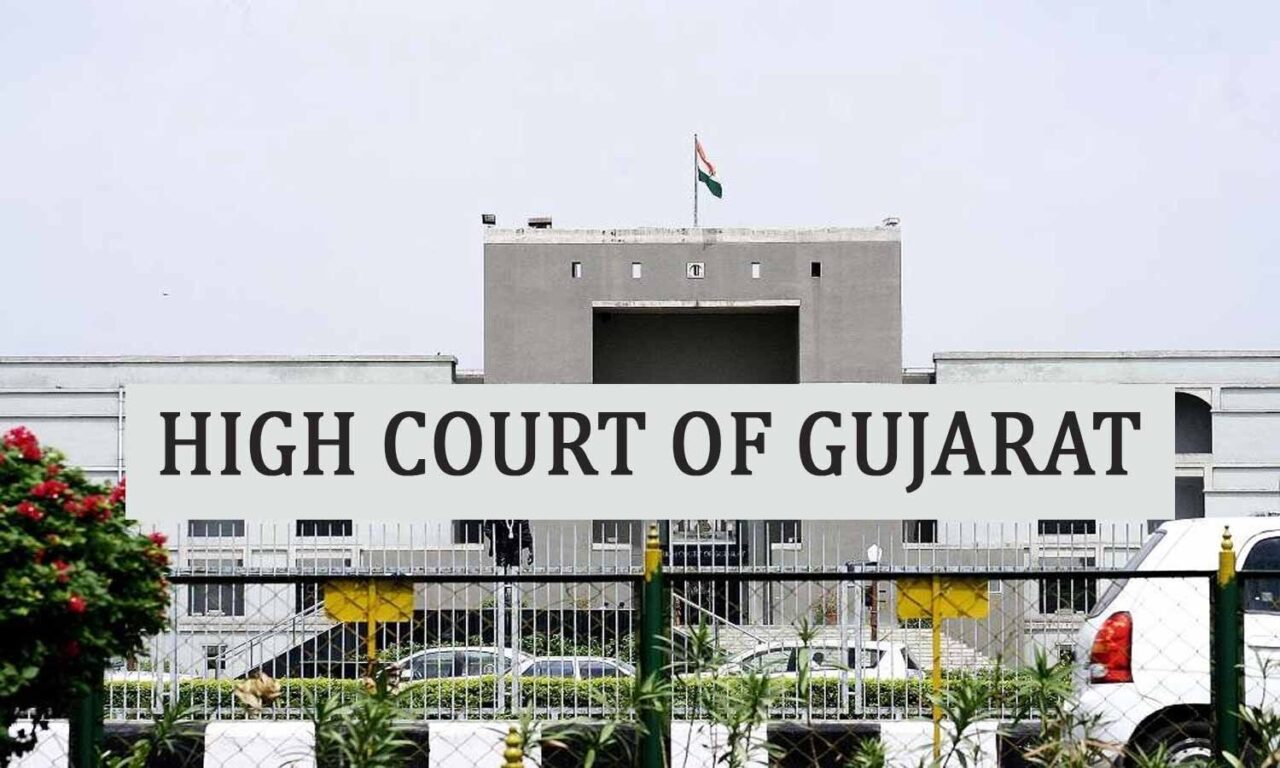Gujarat Sidhee Cement Ltd vs Legal Heirs Of Lakha Bijal
Bench: Honourable Justice Sandeep N. Bhatt
JUDGMENT DATED: 03/05/2023
R/SPECIAL CIVIL APPLICATION NO. 1038 of 2023
Facts
the petitioner had taken over management of the company run by the State Government(M/s Cement Corporation of Gujarat Limited) by entering into an MOU with the State Government. The company being in the business of manufacturing cement has taken over the plant run by the former Cement Corporation of Gujarat Limited.
The respondent State Government, through Section 4 of the Land Acquisition Act, 1894 initiated acquisition proceedings of the land for the purpose of mining of such land for limestone and managed to get an award in the form of compensation passed. As per section 4 of the land acquisition act, no person shall enter into a building attached to a dwelling house without giving the occupier a prior notice of at least 7 days of his intention to do so
Being aggrieved and dissatisfied by such amount of compensation, the respondent preferred a reference by way of which the enhancement of compensation was sought.
In the said proceedings, the petitioner was not joined as a party to the proceedings and the he was not aware of the proceedings and therefore, on coming to know about the same, the petitioner preferred application to be joined as party respondent to such proceedings, which was allowed. In the interregnum, the petitioner and the respondent had entered into a compromise by way of which an amount was paid as enhanced compenation on ex-gratia and the petitioner was, under a bonafide impression that the respondent would withdraw the proceedings for enhanced compensation.
However, the respondent showed no inclination for withdrawal of the proceedings and therefore, the petitioner preferred an application under Order 23 Rule 3 of the CPC, which was objected by the respondent. Order 23 rule 3 of the CPC states that when the parties have made an arrangement to settle the dispute amicably, the court shall pass a decree to the effect and record the same. In such proceedings the order impugned was passed rejecting the applications holding that the document concerned would be a subject matter of evidence and therefore the proceedings would have to be completed. Hence, these petitions are filed.
The learned advocate for the petitioner contended that the trial Court had committed gross error in passing such order by misreading the provisions of Order 23 Rule 3 of CPC and more particularly, the proviso of the Order 23 Rule 3. The advocate submitted that the original claimants/land losers preferred appeals under the Land Acquisition Act without joining the present petitioner as party-defendant. In those proceedings, the petitioners had filed application to join as party respondents and such applications were granted after considering the objections of the claimants.
He further submitted that during the cross examination the respondent specifically admitted that he had received the amount of compensation and thus when the petitioner had presented the application, it was incumbent upon the learned trial Court to reach to a conclusion with regard to the satisfaction of the claim of the claimants.
Judgement
The Court was clearly of the view that the impugned order is contrary to law and cannot be sustained for several reasons, but primarily for deviation from the limited jurisdiction exercised by the High Court under Article 227 of the Constitution of India. Article 227 gives the High Court superintendence over all Courts and Tribunals throughout its territory. The High Court exercising supervisory jurisdiction does not act as a court of first appeal to reappreciate, reweigh the evidence or facts upon which the determination under challenge is based. Supervisory jurisdiction is not to correct every legal flaw when the final finding is justified. The High Court is not to substitute its own decision on facts and conclusion, for that of the inferior court or tribunal. The jurisdiction exercised is in the nature of correctional jurisdiction to correct abuse of law. The power under Article 227 is exercised in cases when there is no evidence at all to justify the finding that the court or tribunal has come to.
In view of this, the Gujarat High Court dismissed the petition.
JUDGEMENT REVIEWED BY AMIT ARAVIND
“PRIME LEGAL is a full-service law firm that has won a National Award and has more than 20 years of experience in an array of sectors and practice areas. Prime legal fall into a category of best law firm, best lawyer, best family lawyer, best divorce lawyer, best divorce law firm, best criminal lawyer, best criminal law firm, best consumer lawyer, best civil lawyer.”


